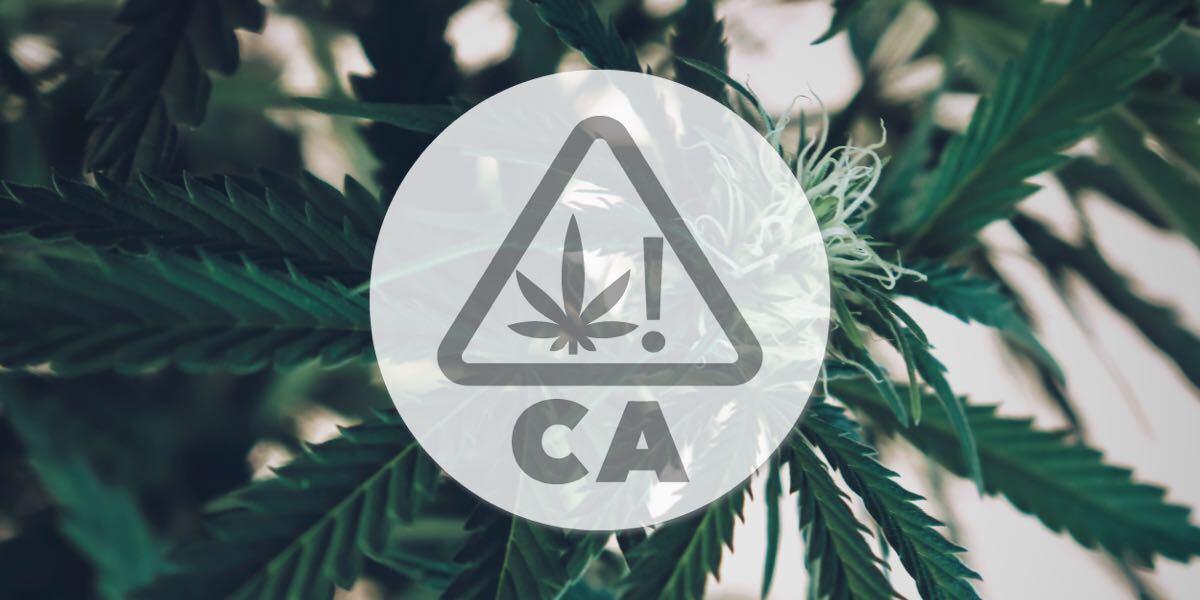
2 min read
New Cannabis Health-Warning Label Requirement in California Could Spark Lawsuits
As of Jan. 3, a mandate in the state of California will require that cannabis health warning labels be put on all products sold. Industry attorneys predict that this could induce a wave of new product-liability lawsuits in the state that target cannabis and hemp companies.
The new warning labels alert cannabis consumers to the potential health impacts of marijuana smoke and the chemical THC, which is responsible for the psychoactive effects of the substance. The labels have legal roots dating back to 1986 with California’s passing of Proposition 65, which requires businesses to provide warnings to Californians about significant exposures to chemicals that cause cancer, birth defects, or other reproductive harm.
Details of the Cannabis Warning Labels
Legal experts have noted that mandates such as Proposition 65 are enforced by private plaintiffs and attorneys rather than state regulators. The warning labels will appear in two different formats: standard and short-form. The standard version is more detailed, with the short form reserved for smaller products, saying simply: “WARNING: Cancer and Reproductive Harm — www.P65Warnings.ca.gov.”
Warning labels can also be placed somewhere obvious so that consumers can see it other than on the product. Nearly every cannabis product will be implicated in these requirements, and all California businesses will have to comply—not just companies that produce smokable products.
Potential Liabilities Involved
Cannabis attorneys told Marijuana Business Daily that the primary concern over the newly implemented alerts will be “bounty hunters”—individuals who shop for hemp and marijuana-related products with the explicit aim of finding products that aren’t in compliance with Proposition 65.
These bounty hunters can then file a notice to the offending company and push for an out-of-court settlement. This sort of “low-hanging fruit” is for lawyers who want to make a quick buck and don’t want to do a lot of work for it, the cannabis attorneys claimed. Hemp companies are likely to be at the greatest risk in initial stages, as many cannabis companies already have similar warning systems in place.

